Vitamins

Vitamins – a group of organic compounds necessary for proper functioning of a living organism. For a man vitamins are exogenous – which means that the body does not synthesize […]
Read More →
Vitamins – a group of organic compounds necessary for proper functioning of a living organism. For a man vitamins are exogenous – which means that the body does not synthesize […]
Read More →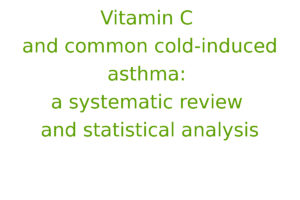
Asthma exacerbations are often induced by the common cold, which, in turn, can be alleviated by vitamin C.
Read More →
Vitamin C (VC; ascorbic acid, AA) is synthesised from glucose in the liver of most mammals, but not in humans. Synthetic AA supplementation is often necessary to prevent vitamin C […]
Read More →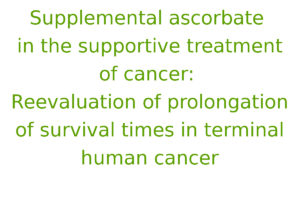
A study has been made of the survival times of 100 terminal cancer patients who were given supplemental ascorbate, usually 10 g/day, as part of their routine management and 1000 […]
Read More →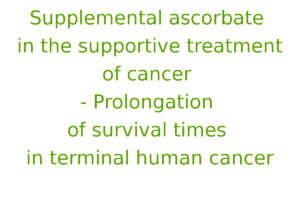
Ascorbic acid metabolism is associated with a number of mechanisms known to be involved in host resistance to malignant disease.
Read More →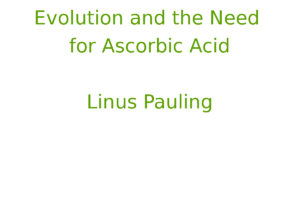
Ascorbic acid differs from other vitamins in that an exogenous source is required by only a few animal species.
Read More →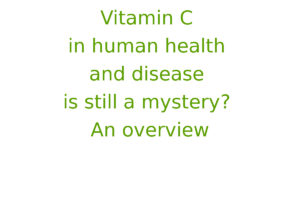
Ascorbic acid is one of the important water soluble vitamins. It is essential for collagen, carnitine and neurotransmitters biosynthesis. Most plants and animals synthesize ascorbic acid for their own requirement.
Read More →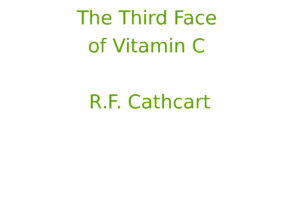
Bowel tolerance, the amount of ascorbic acid tolerated orally without producing diarrhea, increases with the toxicity of diseases.
Read More →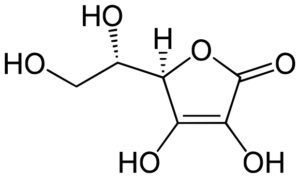
Ascorbic acid or vitamin C is an organic compound from the group of unsaturated polyhydric alcohol. Vitamin C is necessary for the functioning of all living organisms. For many animals […]
Read More →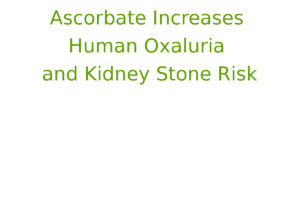
Currently, the recommended upper limit for ascorbic acid (AA) intake is 2000 mg/d. However, because AA is endogenously converted to oxalate and appears to increase the absorption of dietary oxalate, […]
Read More →